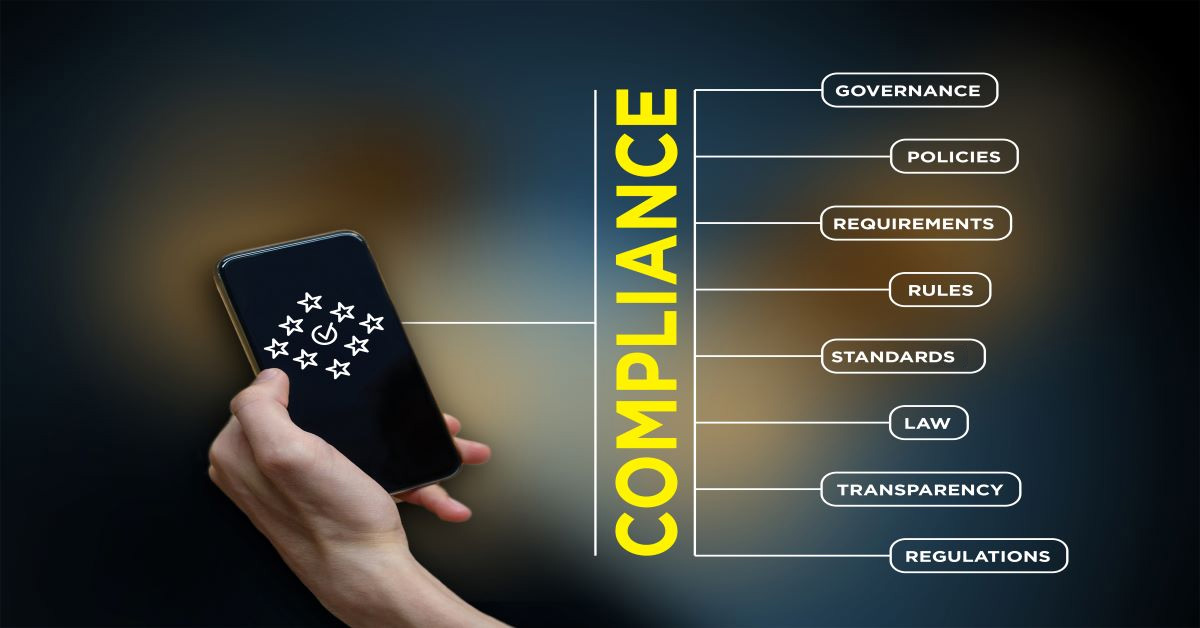23 Jan Texas Electronic Visit Verification
To view the Texas Medicaid EVV Software solution by Alora, click here
Texas Medicaid EVV
What you need to know about Texas Electronic Visit Verification
As home health care agencies try to achieve compliance with regulatory requirements with regard to Electronic Visit Verification (EVV), agencies in the state of Texas faced a January 2021 deadline for EVV implementation. As one of many states where EVV is currently in play, Texas requirements will need to be met for certain types of care in the state, or agencies will run the risk of rejected payments.




